Learning
At Lockleys North Primary school we believe that all learners can and will be successful. Our vision is to develop a community of empowered learners who strive for success. Our values shape our vision, beliefs and way of being. Respect, Care and Concern, Honesty and Pursuit of Excellence guide every part of our culture, relationships, and teaching and learning.
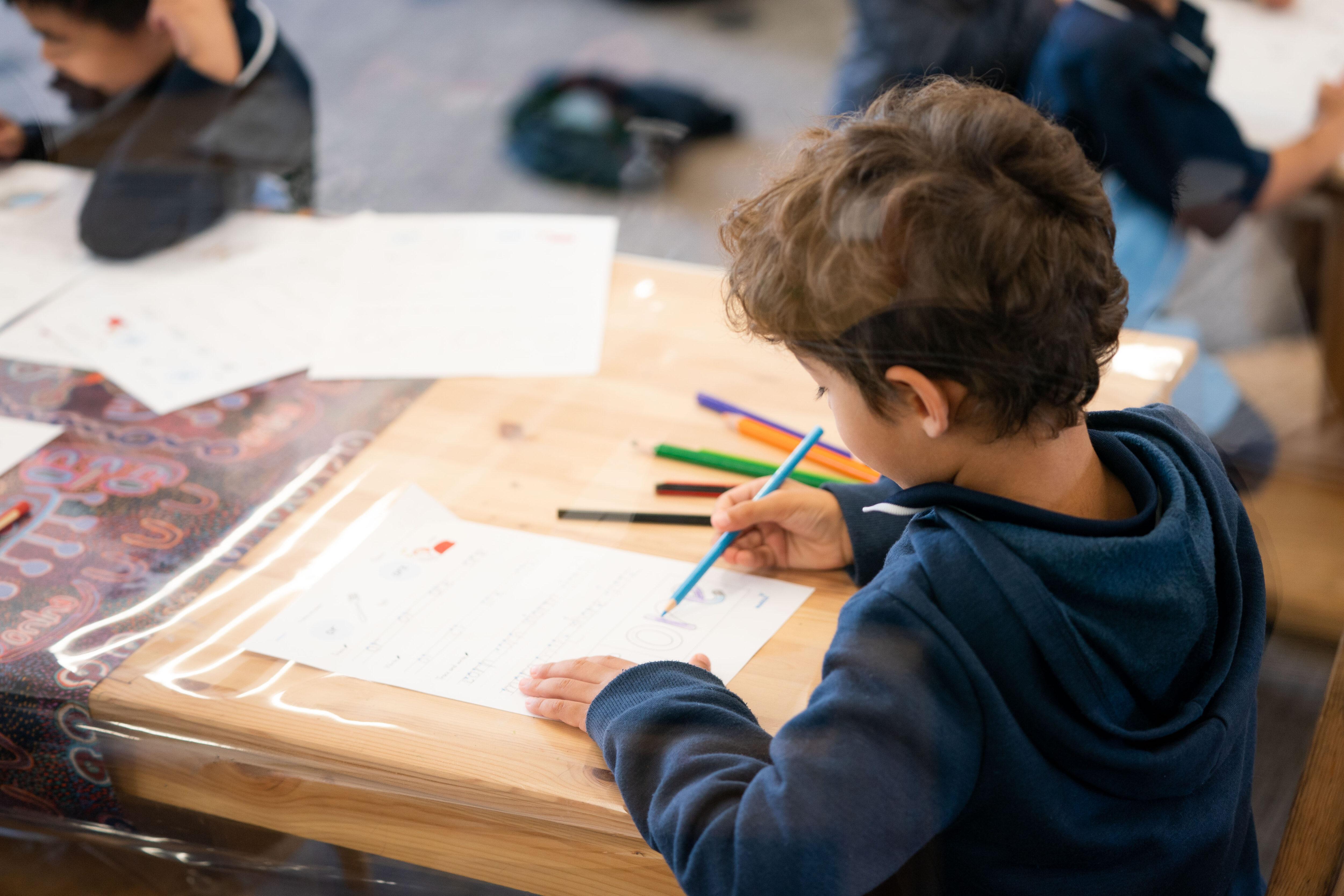
Early Years (R-2)
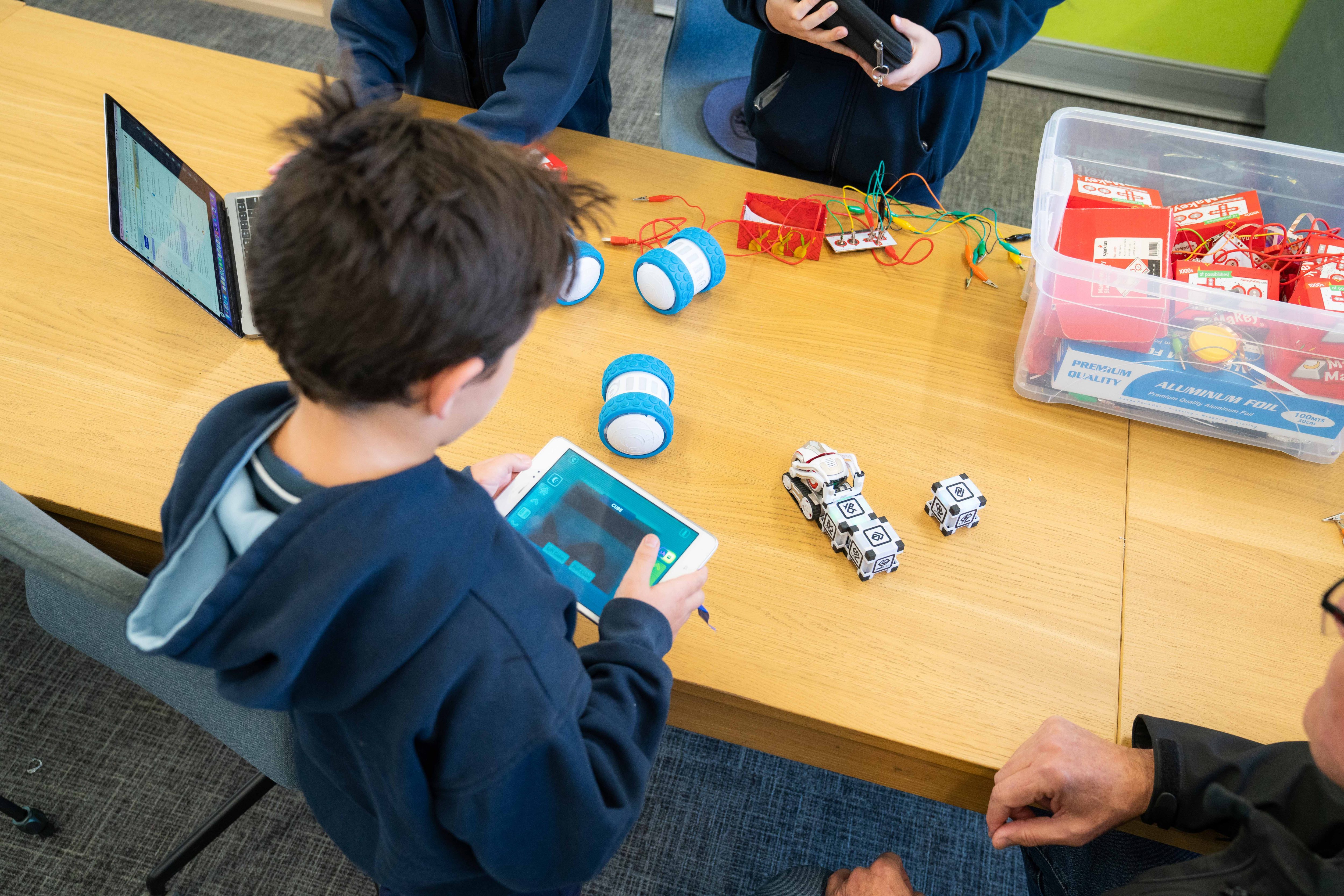
Curriculum
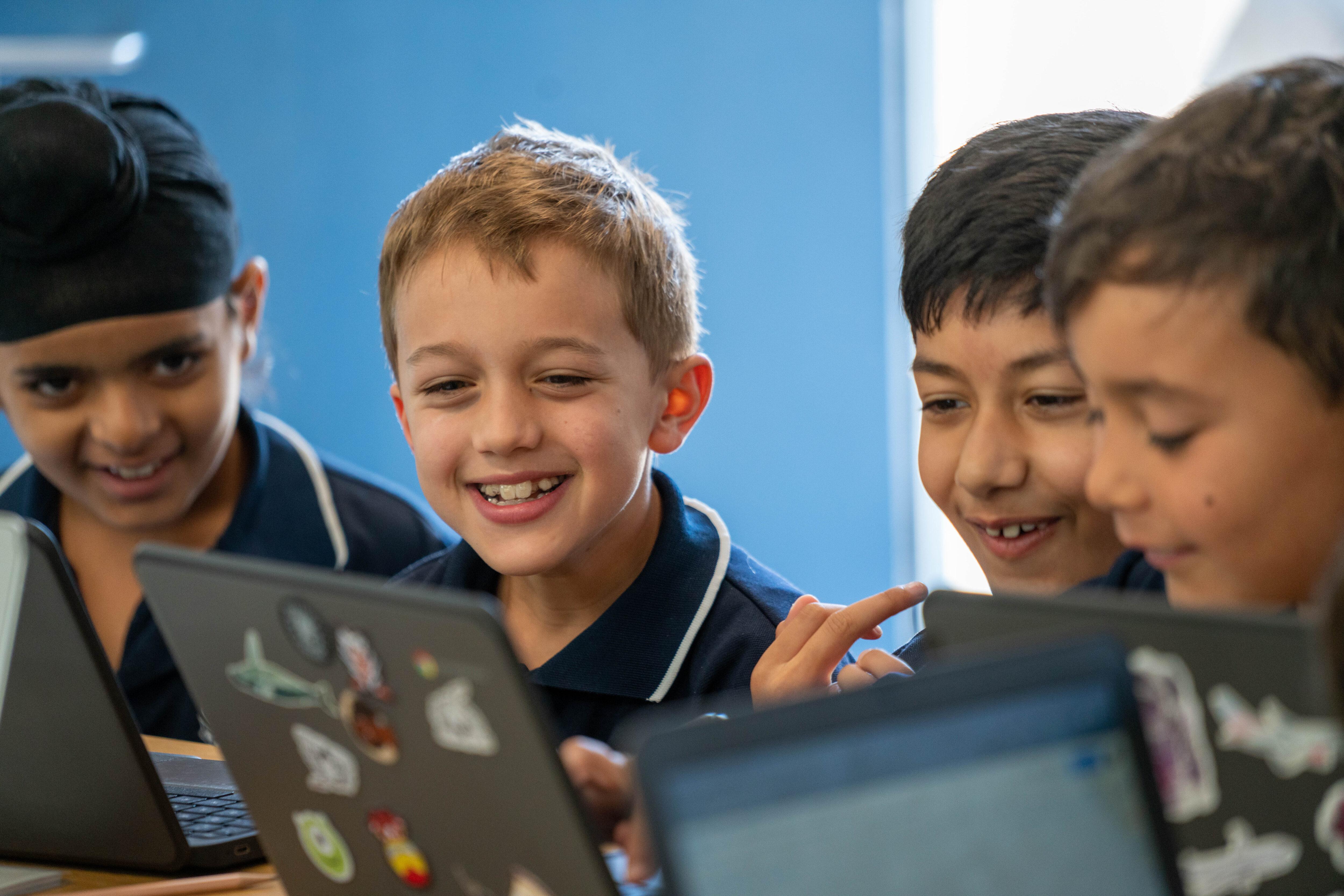
Torrens (Years 3-4)
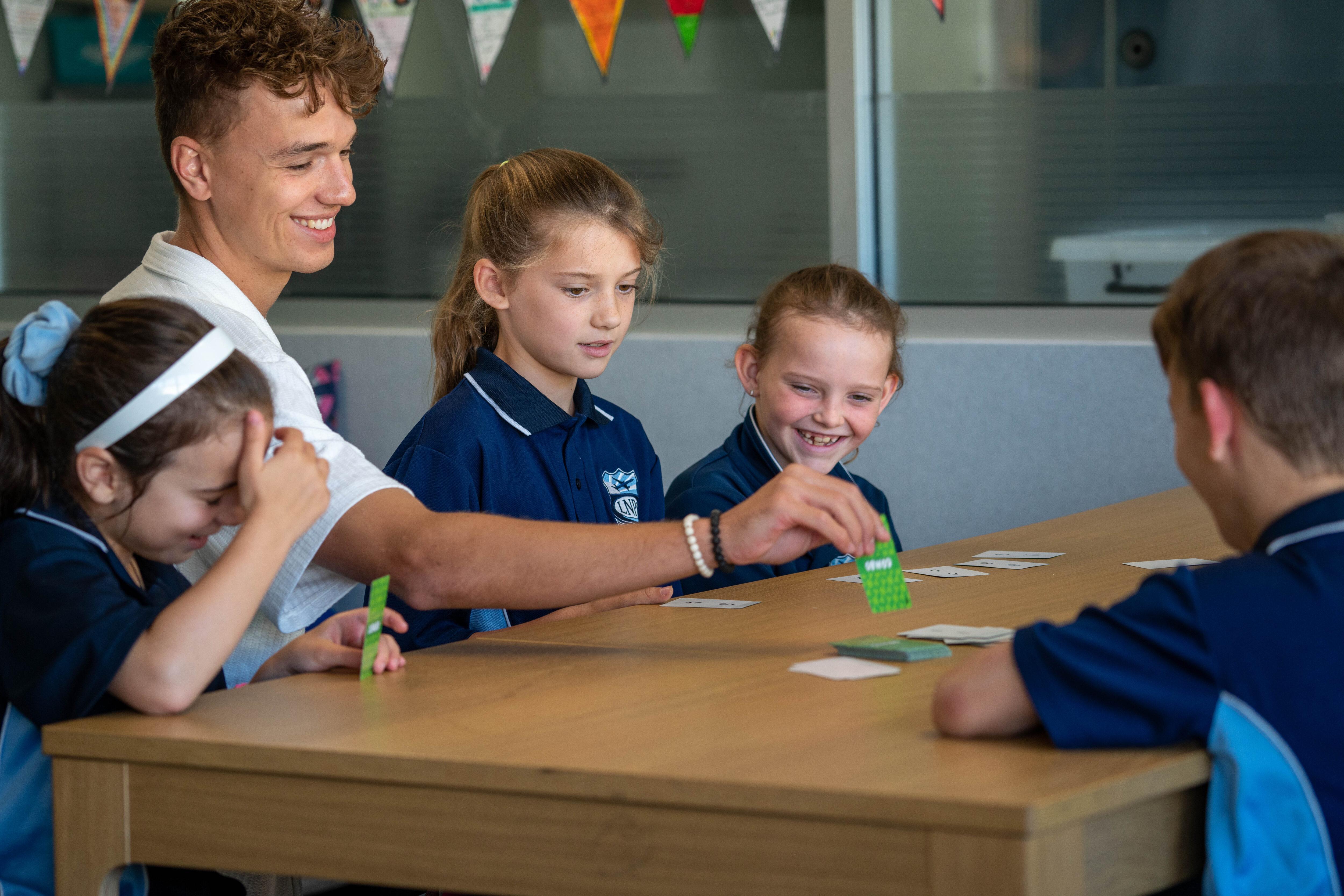
Inclusive Learning
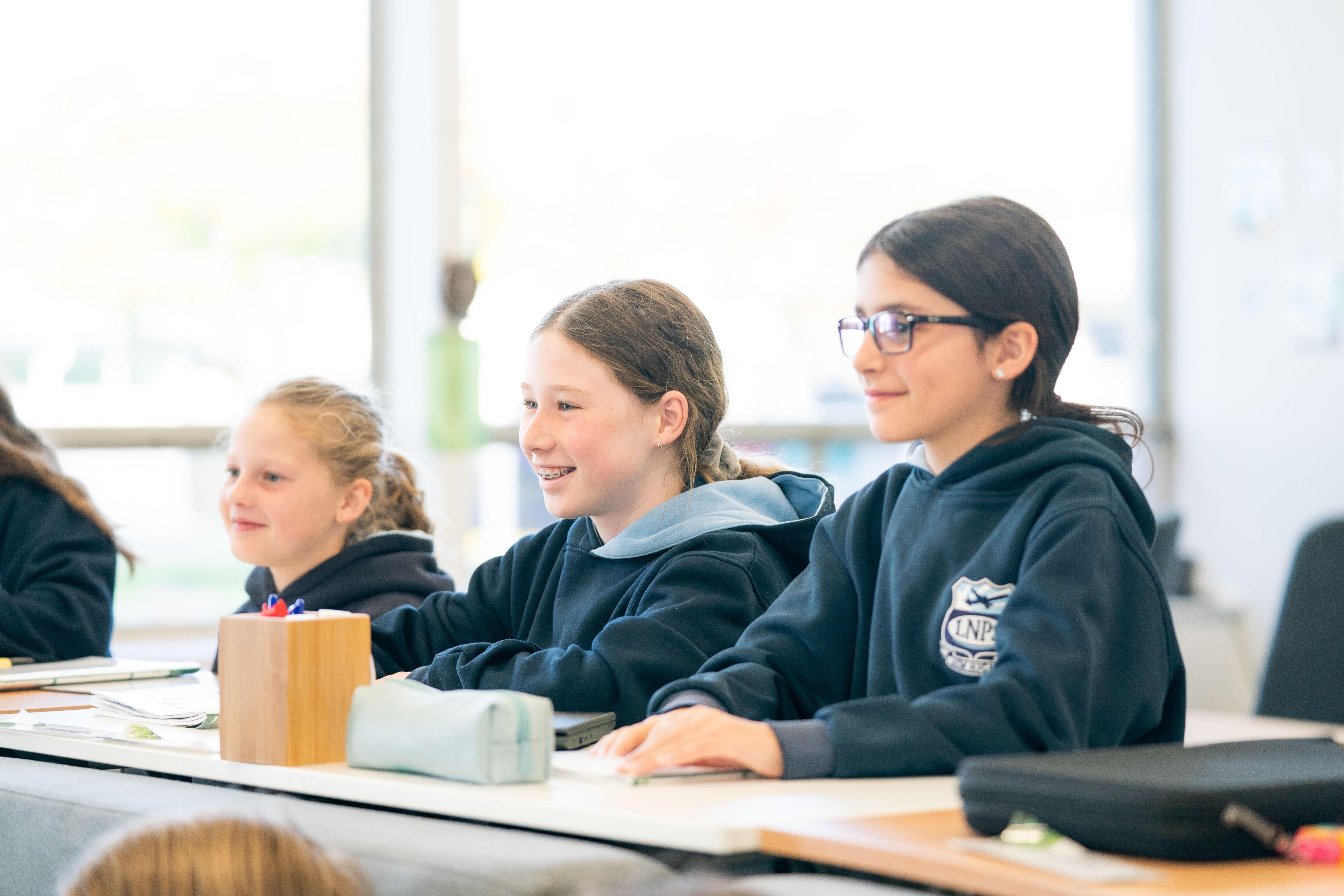
Fisher (Years 4-6)
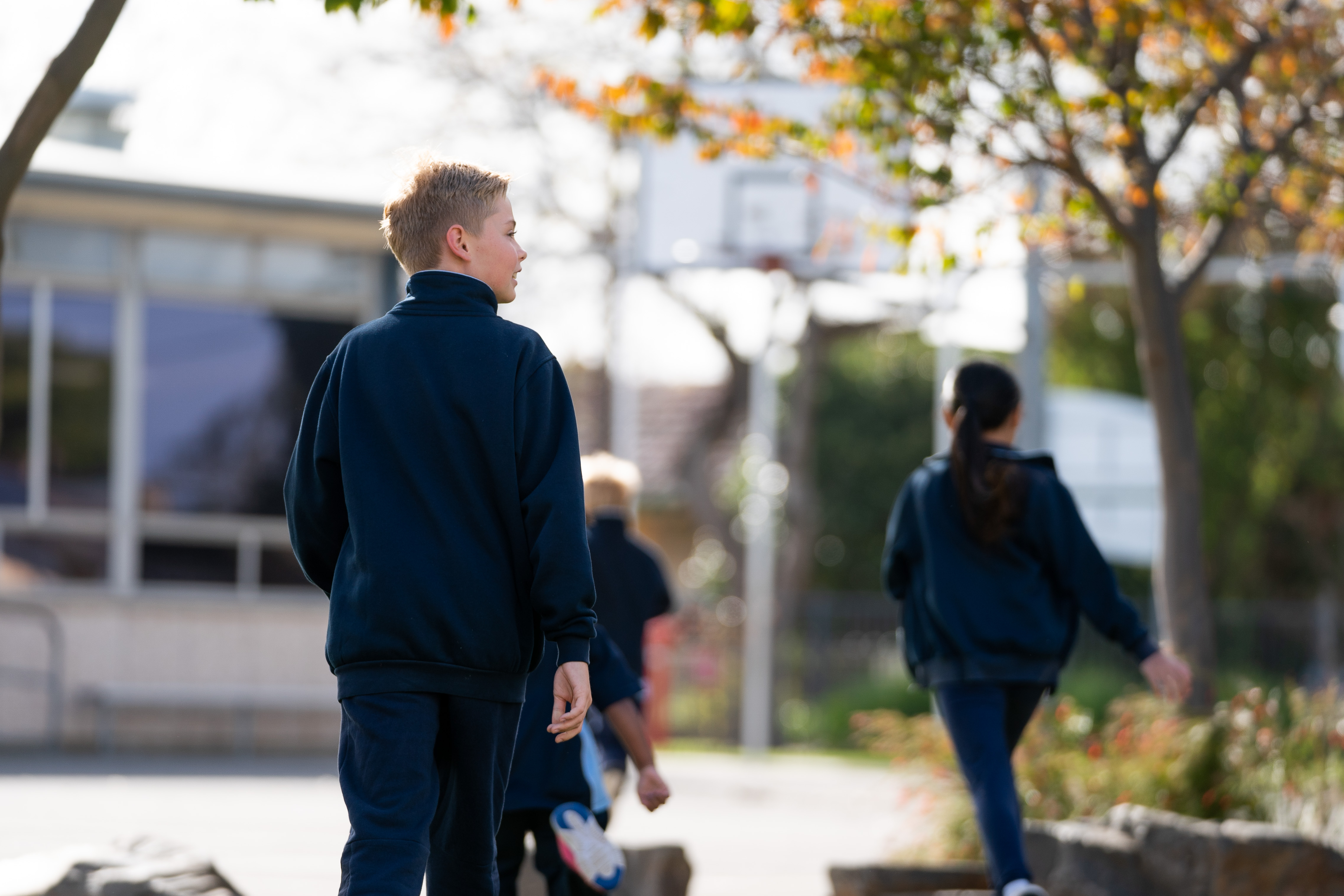
Positive Behaviour Education
 Positive Behaviour Education
Positive Behaviour Education
At Lockleys North Primary School our school values of Respect, Honesty, Care and Concern, and Pursuit of Excellence underpin all behaviour expectations. We implement behaviour support strategies which provide a safe and supportive environment, where positive behaviour is encouraged so that effective learning and teaching can flourish and all students have every opportunity to participate, to achieve, and to be successful. The purpose of our school-wide positive behaviour education is to establish an environment in which students can effectively manage their own behaviour, and achievement is increased as a result.
At LNPS appropriate behaviour is learned through explicit teaching and modelling across all aspects of the school experience. A common approach to student behaviour support ensures effective, efficient and consistent schoolwide practices for responding to student behaviour. We strive to achieve this in partnership with families and the school community as we know a collaborative approach achieves the best behavioural outcomes.
We aim to:
- Enable all students to own their behaviour, and be accountable for their behaviour
- Promote and develop a culture of raising self-esteem, respect for others and positive relationships with peers and adults throughout the school
- Provide a supportive structure in order to maximize opportunities for effective learning and teaching to take place.
- Develop students’ understanding of responsibility for their own actions.
- Develop students’ skills in becoming problem solvers through restorative practices
 Inclusive Learning
Inclusive Learning
At Lockleys North Primary School a collaborative and inclusive approach to learning sees our students access and fully participate in all aspects of school life. Our students work in a supportive environment with flexible structures and groupings, supported by reasonable adjustments and teaching strategies tailored to meet their individual needs.
A Team Around Child approach that includes: families, classroom teachers and any involved Allied Health professionals enables us to tailor support based on the individual student’s needs. Based on the level of identified need, support may be short or long term, individual or in small groups. Our dedicated leaders, teachers and support workers tailor support to the individual student based on their developmental progress to create the best possible opportunities for successful learning.
As part of our focus on improving literacy outcomes for all students the school has implemented a reading intervention programs called:
Both programs are developed by MultiLit, a research-based initiative of Macquarie University, and designed to help students who are experiencing difficulty with literacy, specifically reading and spelling.
To support students with social skills, we follow the evidence based program called ‘What’s the Buzz?’ by Mark Le Messurier and Madhavi Nawana Parker. This program is facilitated in small group settings to support students who require group based intervention to develop developmentally appropriate social and emotional intelligence.
 Digital Learning
Digital Learning
Digital learning at LNPS encompasses the knowledge and skills students need to create, manage, communicate and investigate data, information and ideas, and solve problems. It assists students to work collaboratively at school and in their lives beyond school.
Digital learning involves students critically identifying and appropriately selecting and using digital devices or systems, and learning to make the most of the technologies available to them. Students adapt to new ways of doing things as technologies evolve, and protect the safety of themselves and others in digital environments.

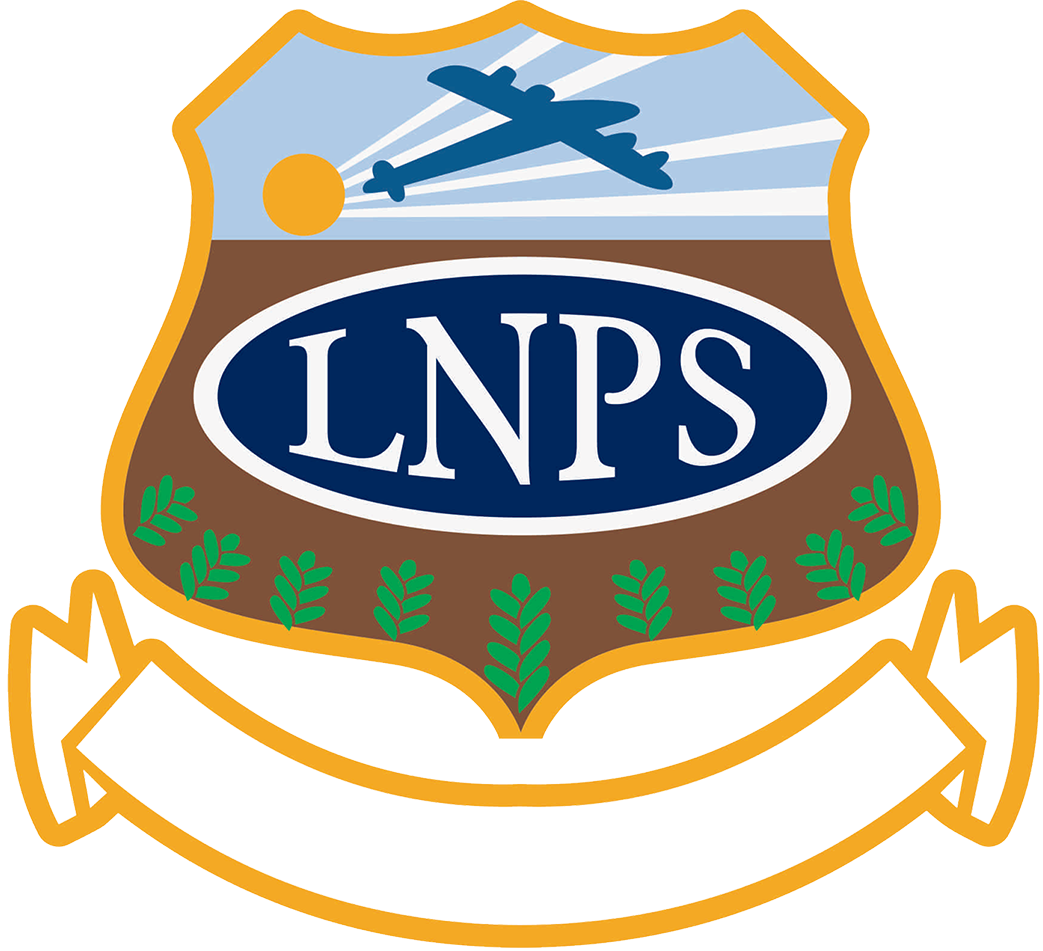
 Positive Behaviour Education
Positive Behaviour Education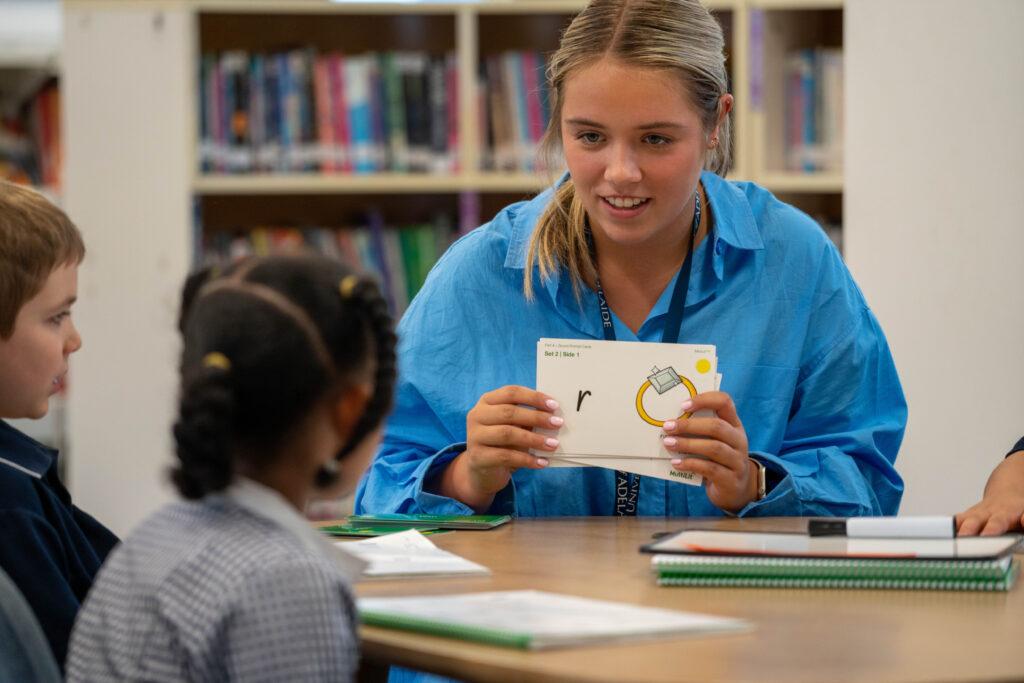 Inclusive Learning
Inclusive Learning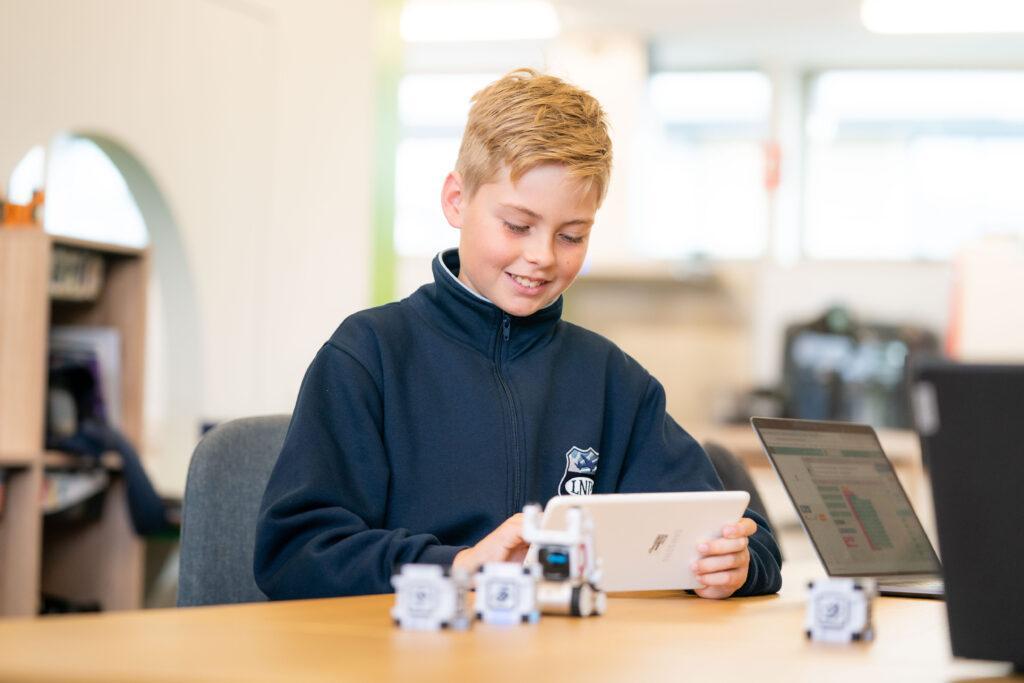 Digital Learning
Digital Learning